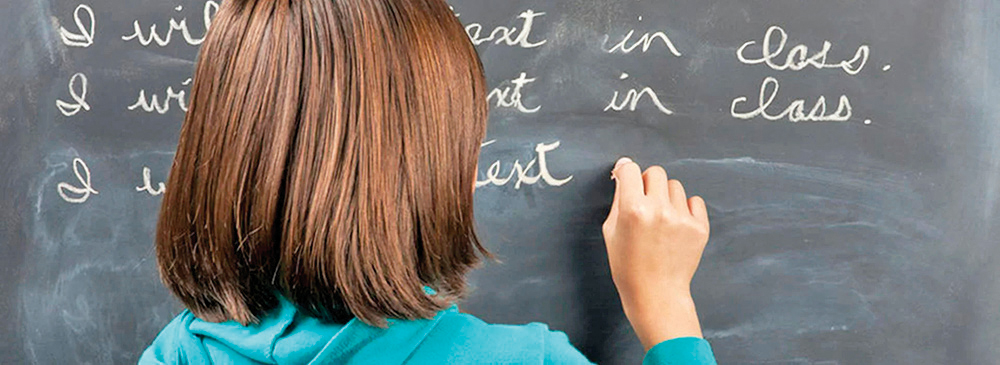
Parents are their children’s first teachers. There is formal instruction and informal instruction As children grow and mature they understand intuitively what expectations their parents have in many areas. If there are expectations then children generally perform up to the level of expectations. This of course assumes that these expectations have been clearly articulated. If these expectations are not met then there are consequences. Parenting requires consistency and clearly articulated goals. It is very clear that if parents are inconsistent and do not follow through with what they expect from their children then the results are often disastrous. Children disobeying or disrespecting parents and getting away with it will cause serious problems down the road.
The wise King Solomon in Proverbs 13:24 clearly advises parents to enforce discipline when children are young to train them. In Proverbs 22:6 he modifies this instruction a bit by informing us that each child is unique and we must take that into consideration when raising them to follow behavioral guidelines. When parents do not take the time, energy and effort to lovingly and consistently inculcate discipline in the home, then children will grow up to disrespect and disobey them, and this will carry over to school as well as later in life with potentially harmful results.
The expression “Tzaar gidel banim” often refers to the difficulties parents encounter raising children. Children need to learn responsibility at an early age, whether it means making one’s bed, clearing the dishes, straightening out their room, taking out the garbage or putting clothes in the hamper. Every parent has their own list of what they expect their children to do and what will happen if they don’t comply. This is key: What are the consequences for disobedience? Each parent knows what the appropriate penalty is for noncompliance. If children know that they can get away with not doing what parents have directed them to do, that’s where the problem starts to metastasize. Granted that parents are busy, and often babysitters or nannies are in charge. But they still have the final say and they must enforce house rules. A child who refuses to obey parents and gets away with it will be a problem in school, where teachers are the authority figures with certain expectations.

There are many theorists, child development experts, behaviorists and psychologists who reinvent the wheel every so often about how to maintain discipline in school. When children come from homes where there are no expectations about proper conduct, or parents are inconsistent, or if a child has a diagnosed condition, or may have one that requires medication, then schools have to deal with the fallout. A disruptive child must be dealt with. When a teacher has to take time to deal with a misbehaving student, that’s a few minutes times the number of each student in the class. That time can never be made up.
There are many strategies to deal with students who are disruptive. A lot depends on why he/she is misbehaving. Is the student having trouble understanding the subject matter? Is the student taking medication? Are there issues that the teacher should know about? Is the student bored? Regardless of the underlying pathology, what should a teacher do to remedy the situation and get back to teaching? One approach is strict application of punishment—detention, call to parents, extra assignment. This harsh approach may or may not work. A softer approach, one-on-one counseling or talk therapy sometimes works. Often schools are reluctant to report to parents since they might be the cause of a student’s lack of discipline.
Parents are partners with the school. Not every school can handle every student, especially when parents are not willing to accept their child’s shortcomings or their part in it. There’s a Yiddish expression that cats can also have children. Parents have an awesome responsibility. Children are a reflection of their parents’ values. If parents don’t take this seriously, and don’t set guidelines for their children, then the school will have a problem with their child. Harsh punishment rarely works, but at the same time there needs to be compliance. Schools have a right to expect parents to be consistent in bringing up their children before they start school and throughout their early years.
Dr. Wallace Greene is a veteran Jewish educator who served as principal in schools in New York and New Jersey.










